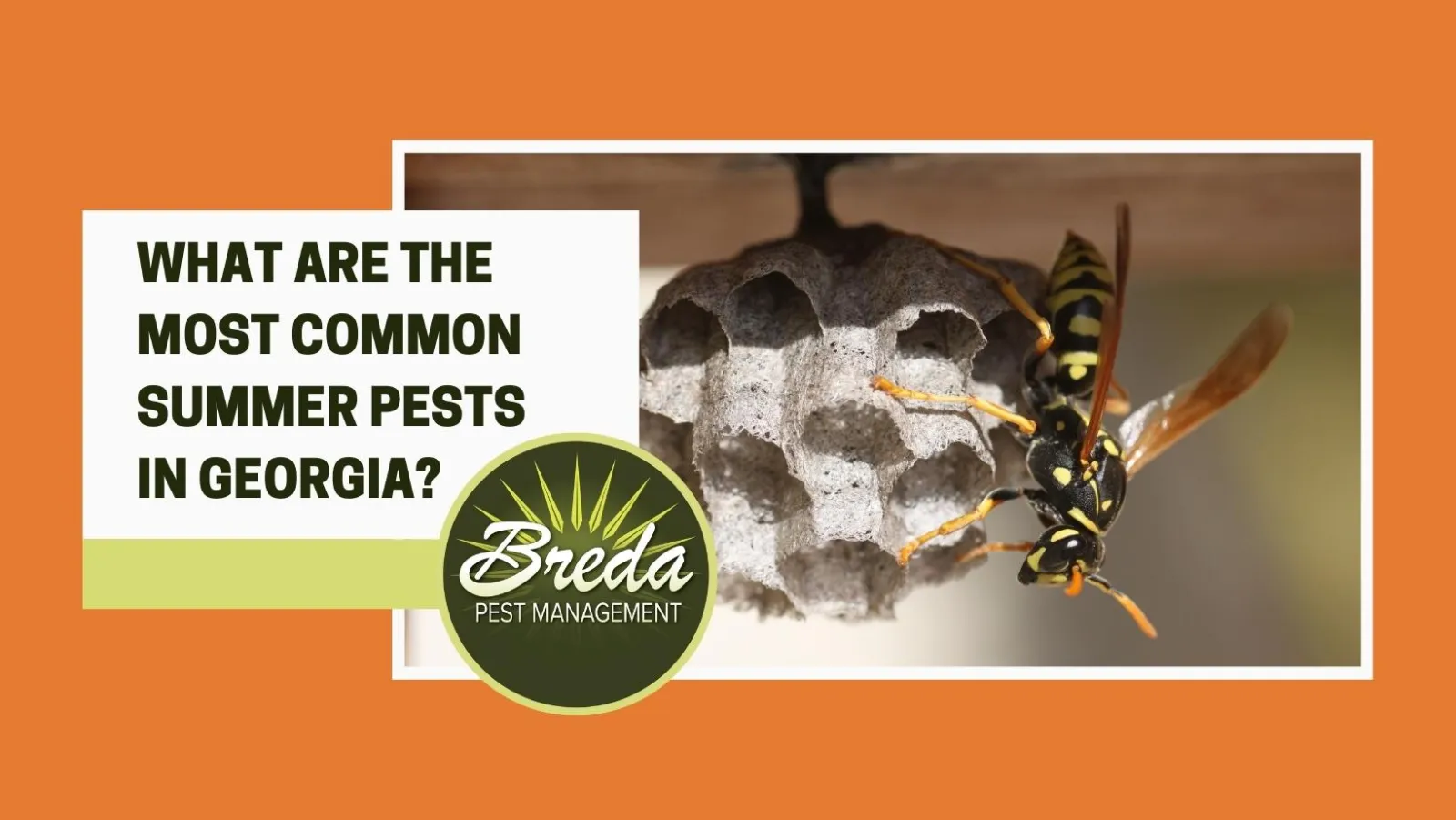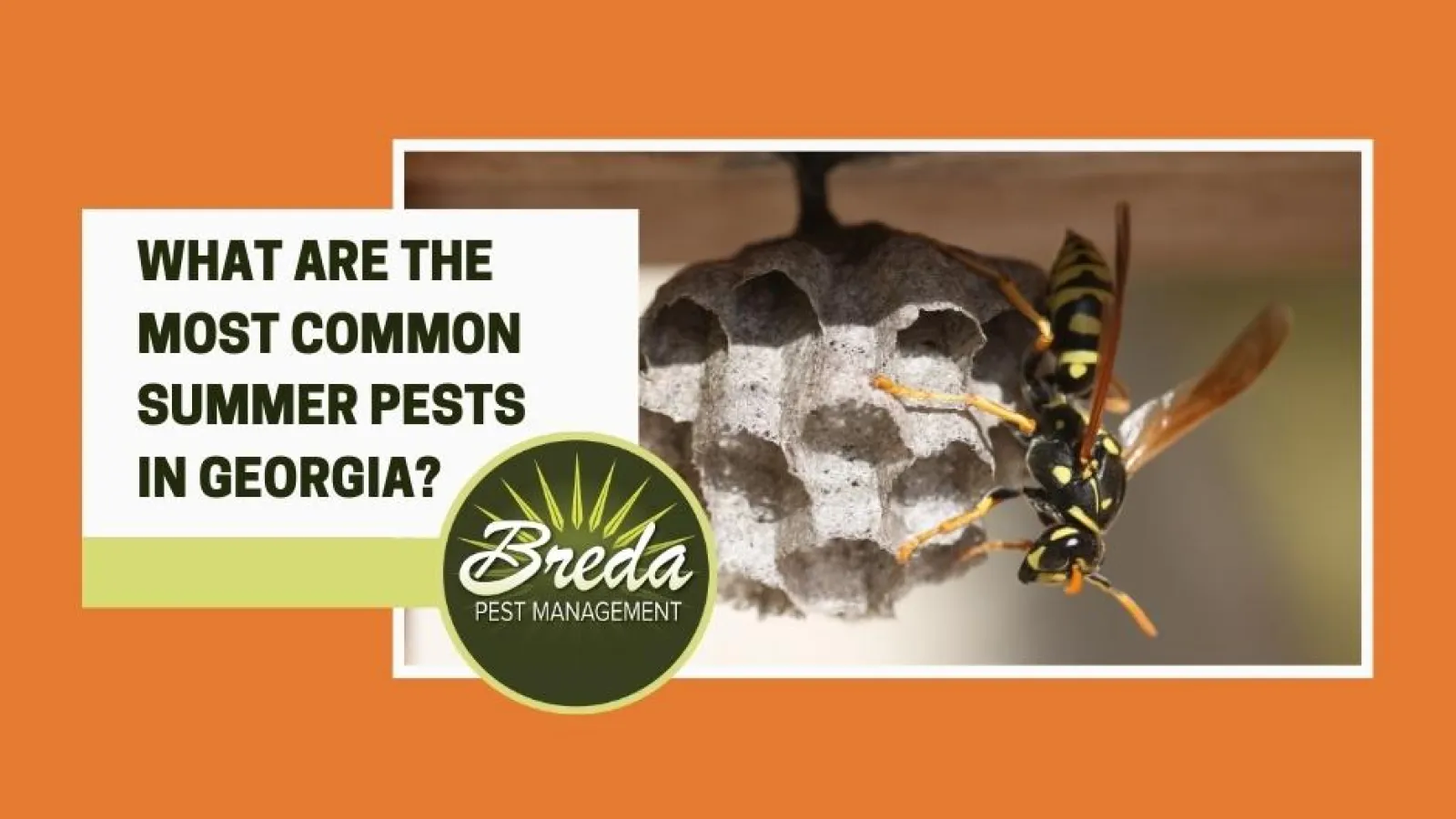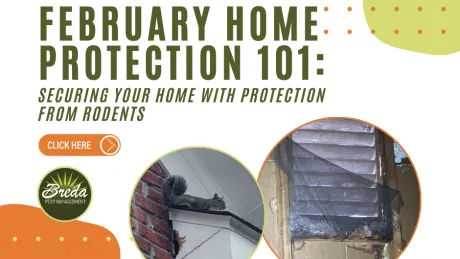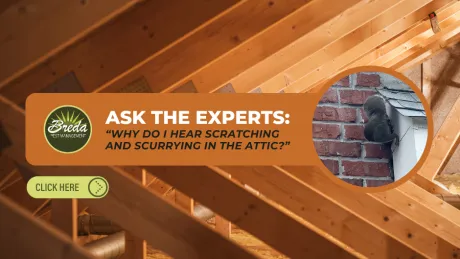
Learn more about common pests Georgia pest control experts encounter each summer!
Ever wondered why there are so many summer pests in Georgia? It all comes down to warm weather! Many pests truly thrive in temperatures in the 80s and above, which Georgia is able to supply for months each year. Georgia pest control technicians certainly have their work cut out for them each spring and summer to keep Georgia homeowners protected and able to enjoy the great outdoors and warmer weather.
Here are three of the most common summer pests in Georgia, with some additional information on how to combat each one!
Mosquitoes
Even if you've only lived in Georgia long enough to experience one summer season, you know that mosquitoes are no joke here! According to the Department of Entomology at UGA, there are 63 species of mosquitoes in Georgia. Because Georgia stays warm and humid for 8-9 months each year, mosquitoes have ample time to reproduce at alarming rates. If you want to be able to enjoy time in your backyard, you have to get ahead of the mosquito's life cycle and follow a treatment plan that will keep your yard bite-free. You can read more about some best practices for getting rid of mosquitoes here!
Wasps
Wasps are definitely hard to miss, thanks to their deep red color and size. As temperatures heat up, you will notice that wasps become more aggressive, especially if you have an especially sweet snack in your possession. Wasps need sugar for energy, and flying around in the high Georgia summer temperatures depletes their energy supply. In general, wasps do not want to hurt humans, instead focusing on finding other insects that they can take back to their nests to feed their larvae with. If a wasp feels threatened, however, they will sting. If you want some tips for repelling Georgia wasps, click here to read this past BREDA blog.
Fire Ants
Just like mosquitoes, fire ants are a massive problem for Georgia residents. Without any intervention, fire ant colonies can spread across a single yard and leave 20-30 fire ant mounds in their wake. When it comes to fire ant defense, it's better to start treating before you see the first fire ant mound. Starting in late spring, treating your yard will help destroy colonies at a deeper level, and will kill off the main reason a fire ant colony can spread so quickly: the queen. To learn more about fire ant control, click here!
If you're tired of wondering what the pests in or around your home are doing and just want them gone, don't hesitate to give us a call. The BREDA Guarantee promises to protect your home and keep it protected—no matter the circumstances. Schedule an inspection online or give us a call at 770-466-6700.



